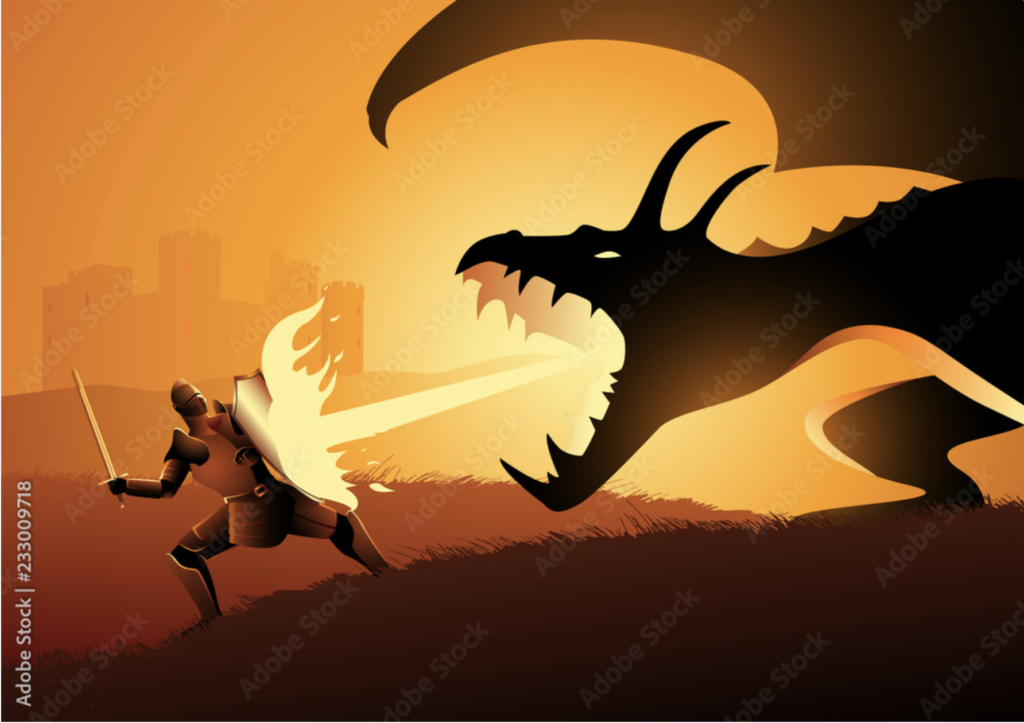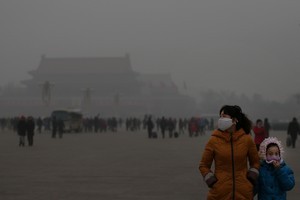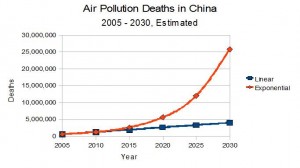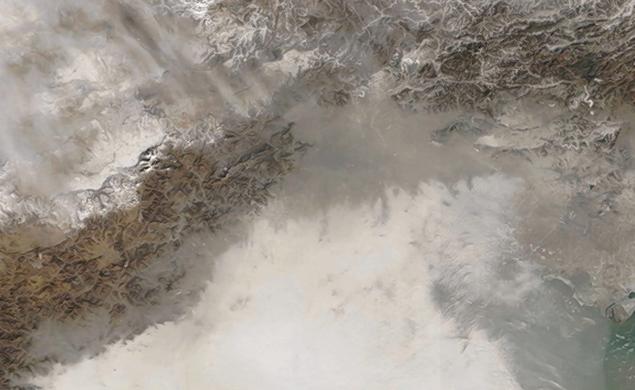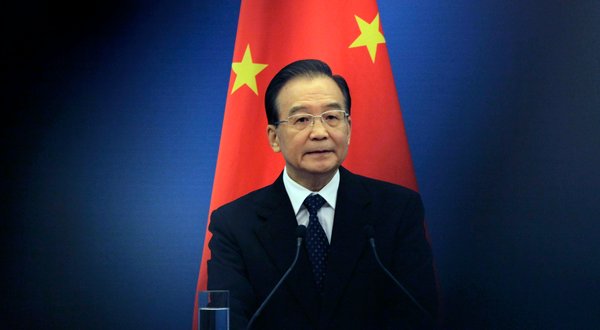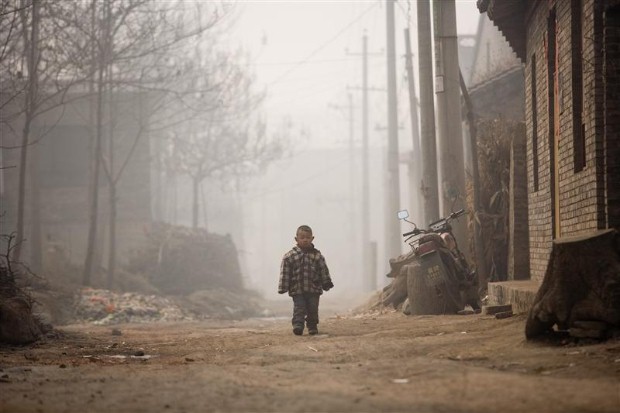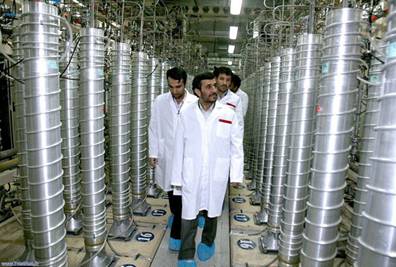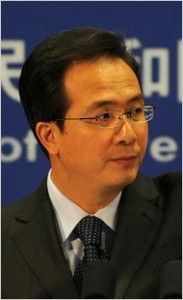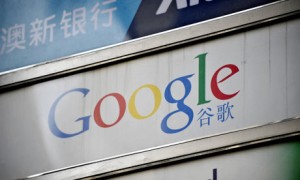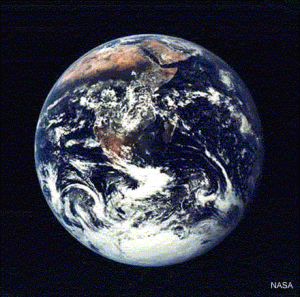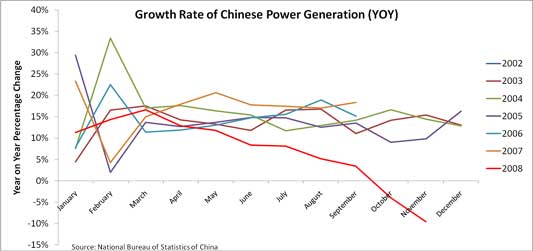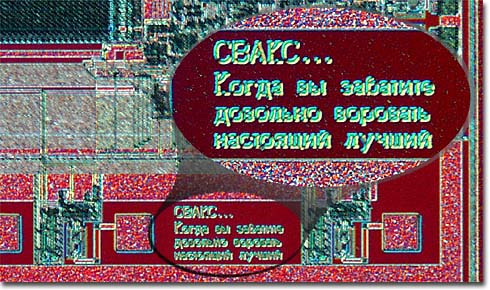
CVAX ... When you care enough to steal the very best
Mark Landler and Edward Wong, covering Chinese Vice President Xi Jinping’s trip to the US, in the New York Times, Feb 14, With Edge, U.S. Greets China’s Heir Apparent, wrote,
“On the list of American concerns, Mr. Biden said, were China’s artificially depressed currency and conditions imposed by the Chinese that require foreign companies to turn over technology in return for doing business in China. He raised the issue of jailed Chinese dissidents and … Syria”
In Inflaming Trademark Dispute, Second City in China Halts Sales of the iPad, published in the NY Times, Feb. 14, 2012, Michael Wines wrote:
“The authorities in a second Chinese city have begun seizing iPads from local retailers in an escalating trademark dispute between Apple and Proview Technology. … The seizures follow a ruling in December in which a court in Shenzhen dismissed Apple’s contention that it owned the iPad name in China. … Proview has also made a filing with the General Administration of Customs in China putting Apple on notice that the company could seek to block the export of iPads, should Proview’s ownership claims be upheld. … the seizures and the filing are warnings by Proview of the havoc it could wreak unless Apple agrees to pay a large fee to settle the trademark fight. … Paradoxically, China’s intellectual property laws are so sweeping that they allow the government to ban the worldwide sale of any made-in-China product that is found to violate a Chinese patent, trademark or other protection.”
Remember back during the cold war, when Soviet Premier Nikita Krushchev said “Whether you like it or not, history is on our side. We will bury you.” ( various quotes by Kruschev).
And later when the American computer company DEC, in response to reverse engineering of VAX computers by Soviet computer scientists inscribed, in Russian,“CVAX, … When you care enough to steal the very best” on the CVAX microprocessors. (Links: TRAILING EDGE.com, CNET, FSU.edu.)
Suppose Khrushchev had called John Kennedy, on the occasion of John Glenn’s orbit in the Friendship 7, February 20, 1962, here, or Leonid Brezhnev had called Richard Nixon, after Neil Armstrong, Buzz Aldrin, and Michael Collins returned from the moon in Apollo 11, July 24, 1969, Apollo 11, or Mikhail Gorbachev had answered Ronald Reagan’s call to “tear down this wall,” and said
“Mister President, I have business proposition for you: Let us to build your consumer goods. We have factories with skilled laborers. Our workers are like children, so eager to please. (Ok, they are children.) We can more or less match your quality control. We can deliver on time. And we do this for pennies on the dollar – pennie!
“All we ask is you give us designs for the products, and computer software source code for computers and telecommunications de-wices we assemble. It will be great Soviet / American partnership.”
Presidents Kennedy, Nixon, and Reagan would have said
“Give you our designs? Our software? That’s our intellectual property? Are you nuts? That would be crazy!”
Premiers Khrushchev, Brezhnev, and Gorbachev might have answered,
“But our labor costs are much lower than yours. We have workers in factories, happy workers in the ‘Worker’s Paradise.’ Why. workers in our factories in Siberia work 7 days a week. And for little more than food and water. Go on strike? Never! (If they did we would shoot them.) You won’t have to pay them union scale or retirement benefits.”
Presidents Kennedy, Nixon, and Reagan would still have said
“Give you our designs? Our software? Our intellectual property? So you can use children and slave labor to build our consumer goods? That would destroy our middle class. That would be nuts.”
And they would have been right.
So how exactly are the Chinese communists different from the Soviet communists?
We wouldn’t outsource to the Soviet Union. Why are we outsourcing to China?
